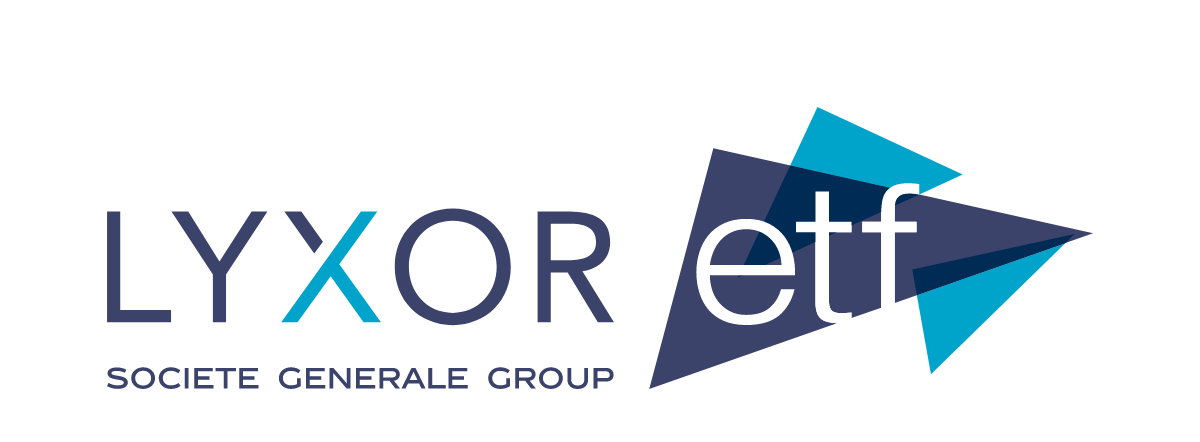With the Rugby World Cup coming to its climax in Japan and the winter Olympics just round the corner next year, all eyes are on the Land of the Rising Sun.
With its low interest rates it might not seem like an obvious investment choice, but there are good reasons to be positive on Japan. Not least because at the beginning of this month Japan and China teamed up to launch a new exchange-traded fund scheme that is designed to strengthen the links between the capital markets of each country.
The China-Japan ETF Connectivity Scheme was launched in June after ten months of discussions. The scheme is intended to make is easier for investors based in mainland China to have efficient low cost access to Japan’s stock market and vice versa. On offer are four Japan “feeder” ETFs listed on the Shanghai Stock Exchange and four China “feeder” ETFs on the Tokyo exchange.
Japan has had 0% interest rates for over a decade now, but with that comes a relatively safe currency, and a big pension fund pool. Its decade of 0% interest rates may even be considered a good proxy for the rest of the world.
Investors shouldn’t necessarily be put off by Japan’s recent GDP dip.
According to Trading Economics, Japan's quarterly economic growth was revised lower to 0.3% in the second quarter of 2019 from a preliminary estimate of 0.4% and compared to the previous period's 0.5% growth.
There was a sharp downward revision of capital expenditure amid weakness in the global economy and worsening trade protectionism. GDP growth in Japan averaged 0.49% a year from 1980 until 2019, reaching an all time high of 3.20% in the second quarter of 1990 and a record low of -4.80% in the first quarter of 2009.
However, one of the benefits of investing in Japan is the yen, which typically acts as a safe haven in times of economic uncertainty.
It is the third most traded currency globally. When the yen appreciates against the dollar it means imports become cheaper and inflation remains low. When it depreciates there is a boost for the economy and exporters.
The main leverage for growth in Japan in recent times has been a weak yen, which has helped to boost exports. Because of the trade war between the US and China, investors are now seeing the Japanese yen as a safe haven and pouring money into the currency. The result is a stronger yen which is hurting Japanese exporters.
Nicolas Fragneau, head of ETF product specialists at Amundi, says: “If the US and China come to a resolution, we will see money switching out of the yen, the currency weakening again and the Japanese market will go up. So, any sign of an end to the trade war would be a good time to get exposure to Japan.”
There are also other reasons to be looking at Japan.
Fragneau continues: "Japan is one of the three major developed economies in the world and a staple of global investment. Japan is featured in most allocations, therefore to not be invested in Japan would mean missing out on opportunities presented by one of the largest and most important equity markets in the world."
But how well the agreement between China and Japan works is unclear and previously poor relations means that investors are likely to be wary in some cases.
Fragneau, says: "The agreement has been put in place to make investing in China easier for the Japanese investor and vice versa. However, there is already appetite for the Japanese market from China so it won’t make a huge difference here.
"The main point is that now it is easier for Japanese investors to access the Chinese market, however, there hasn’t been as much appetite because there is a limited number of products available and investors are wary about putting money into China due to geopolitical tensions."
It is easy to invest in Japanese equities through an ETF, but also helps to remember that the indexes offer different types of access.
For example, the MSCI Japan is an index built with market cap in mind and covers 85% of the Japanese market. The TOPIX, on the other hand, covers 100% of the Japanese market and has no bias in terms of market cap or sector.
“It is not a question of one being better than the other, it simply depends on what your objectives are. If you’re only looking for access to the larger names, than you would want to go with MSCI. If you’re after access to more of the domestic market, then it is probably best to go with the TOPIX as it is normally the small and mid-caps that are more exposed to the domestic economy,” says Fragneau.
The best performing plain vanilla equity ETF year-to-date is Amundi’s INDEX MSCI JAPAN DR in sterling (CJ1G), which has a TER of 0.45% and returned just over 14%.
However, the best performing ETF is the iShares MSCI JAPAN SRI UCITS ETF (SUJP) in dollars, which has a TER of 0.30% and has returned over 15% YTD. It tracks an index that is made up of stocks from Japanese companies that have been screened for environmental, social and governance (ESG) characteristics.
The below list includes a number of ETFs offering exposure to Japan but is not exhaustive.
DXJG
FJPU
CJ1G
LCJD
JPNU
UC65
VDJP
XMJD
Expense Ratio0.3%
HMJD
UB02
N400
JPX4
NXKE
SUJP
JPJP
ETFTERYTD RTNINDEXWISDOMTREE JAPAN EQUITY UCITS ETF (£)0.40%11.33%WisdonTree Japan Equity IndexFIRST TRUST JAPAN ALPHADEX UCITS ETF ($)0.70%3.34%NASDAQ AlphaDEX Japan IndexAMUNDI INDEX MSCI JAPAN DR (£)0.45%14.02%MSCI JapanLYXOR CORE MSCI JAPAN (DR) UCITS ETF ($)0.12%13.39%MSCI Japan Net Total Return IndexLYXOR JAPAN (TOPIX) - DIST $0.45%11.90%Topix IndexUBS ETF - MSCI JAPAN UCITS ETF(JPY)A-DIS ($)0.35%13.08%MSCI Japan IndexVANGUARD FTSE JAPAN UCITS ETF ($)0.19%11.96%FTSE Japan IndexX MSCI JAPAN ($)Current Mgmt Fee0.20%12.84%MSCI Japan Net Total Return IndexHSBC MSCI JAPAN UCITS ETF ($)0.19%13.38%MSCI Japan IndexUBS ETF MSCI JAPAN (JPY) A-DIS (£)0.35%13.95%MSCI Japan IndexINVESCO JPX-NIKKEI 400 UCITSETF ($)0.19%13.02%JPX-Nikkei 400 IndexLYX ETF JPXNIKKEI400(DR) ACC TH ($)0.25%12.97%JPX-Nikkei 400 IndexNOMURA NIKKEI 225 EUR-HEDGED UCITS ETF (€)0.60%11.42%Nikkei 225 TR EUR-hedged IndexISHARES MSCI JAPAN SRI UCITS ETF ($)0.30%15.54%MSCI Japan SRI IndexSPDR MSCI JAPAN UCITS ETF (£)0.30%13.62%MSCI Japan Index






